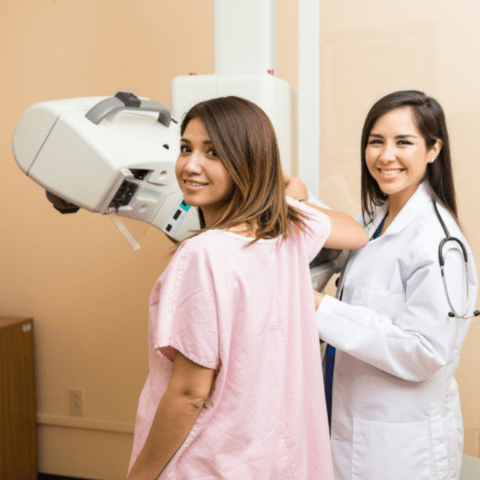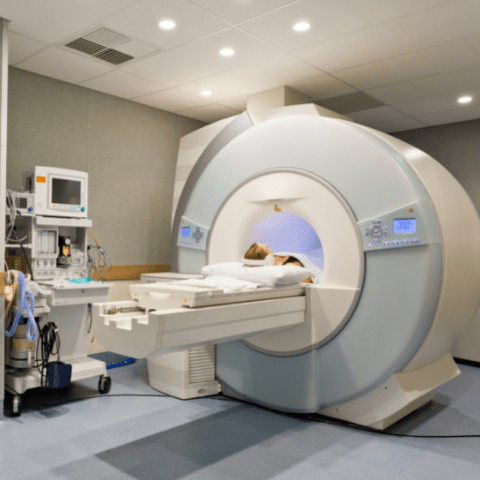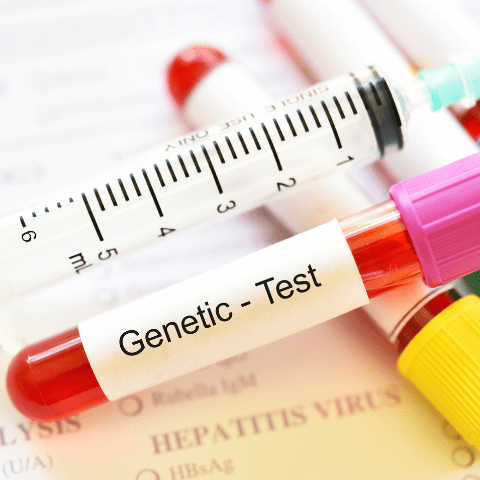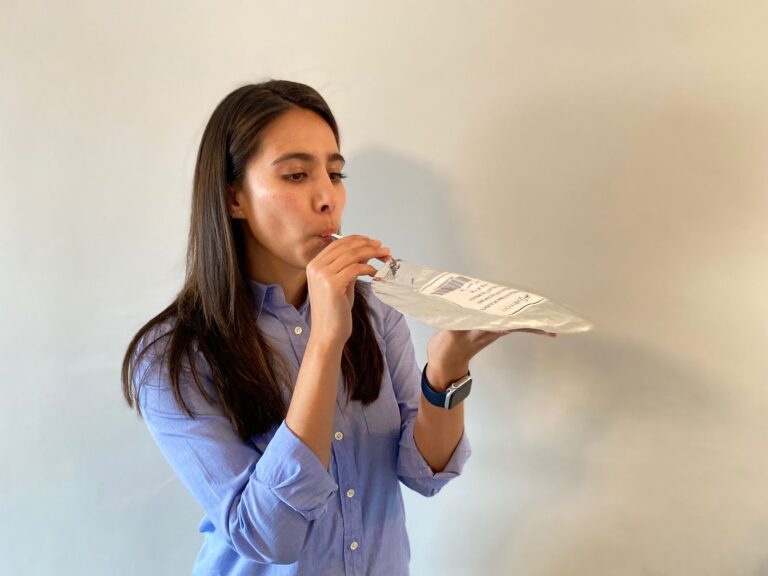Breast Cancer Screening: 6 Things to know
What Is Breast Cancer Screening, And Why Should You Take It Seriously?
What You Need to Know about Breast Cancer Screening
Breast cancer is a scary word. It’s an illness that all women fear, and it can develop out of nowhere for those who have never experienced the disease. Fortunately, today there are screening techniques available to help identify breast cancers at earlier stages when treatment options may be more effective. Let’s explore things you need to know about breast cancer screening and why you must take it seriously.
Ways To Screen For Breast Cancer
Breast exams are the check-ups, mammograms, and other types of screening methods that you may have to find breast cancer before symptoms develop. Having breast exams on a regular basis can help detect breast cancer at its earliest, most treatable stages.

Mammography
A mammogram is a diagnostic procedure used to detect breast cancer. The x-ray of the patient's chest allows for clear viewing of their breasts. It helps identify any irregularities in tissue density or shape that could lead to more severe diagnoses like lumps, suspicious cells, cysts, etc.

Breast MRIs
A breast MRI uses magnets and radio waves to take pictures of the breasts. MRIs are used along with mammograms for high-risk women who need more frequent screening. However, in some cases, the MRI may appear abnormal even when there's no cancer.

Genetic Tests for BRCA
If you are of a high-risk background, such as having the BRCA mutation or known family members with cancer, then it may be worth considering genetic tests. These tests can provide for early insights and the chance to prevent cancer before it manifests itself.
When Should You Get Screened For Breast Cancer?
If you want to minimize your risk of developing breast cancer, start with yearly mammograms after age 40. The National Cancer Institute recommends annual mammography starting at age forty, as long as you’re in good health. Mammogram screenings are a safe way to detect early signs that something may be wrong before it turns into something life-threatening.
Who Is At High Risk For Breast Cancer?
What If Your Screening Results Come Out Positive?
Mammograms are not perfect; sometimes, they can give false positives. For example, a test may come back with a falsely positive result and show that you have cancer when it is just the mammogram being inaccurate during its assessment of your breast tissue.
Doctors recommend that if your mammogram does show something abnormal, you should seek follow-up tests to determine whether or not the finding is breast cancer. Biopsies are often used for this purpose and can help rule out any mistakes.

What's Next In Breast Cancer Screening Research?
It’s been proven that mammograms and MRIs can provide false positives. There are new technologies in the works, though, to help diagnose breast cancer earlier on in its life cycle!
Altus Lifescience we use breath technology to detect the early signs of cancer without any physical contact or taking blood samples. This new technique is a much-needed breakthrough in cancer detection because it’s non-invasive, contactless, and highly sensitive.
